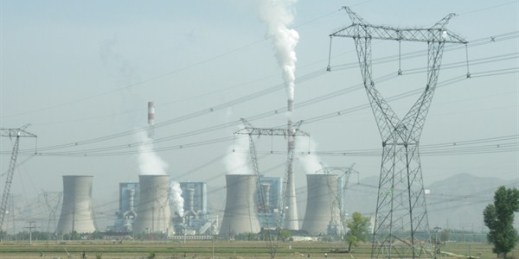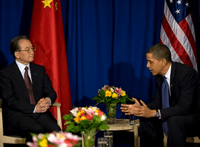
The rapid economic growth of the People’s Republic of China has fueled a demand for energy that has now outstripped domestic sources of supply. As a result, China can no longer sustain its economic expansion without importing massive quantities of energy. To compensate for the projected underproduction of domestic energy sources as well as further increases in anticipated energy consumption, the Chinese government has pursued a subtle energy security strategy that includes three major components: first, reforming the domestic energy sector to maximize production and attract foreign direct investment; second, expanding China’s energy mix to reduce the nation’s dependency on […]

